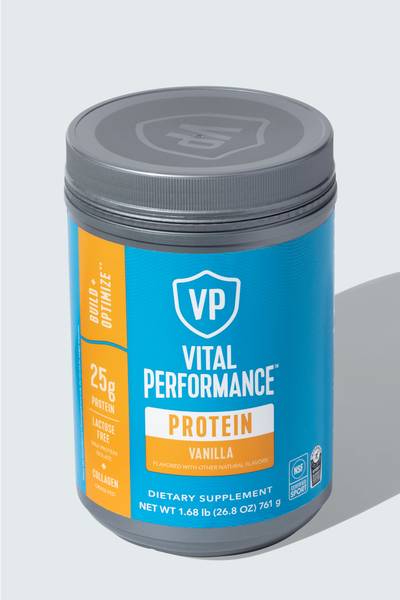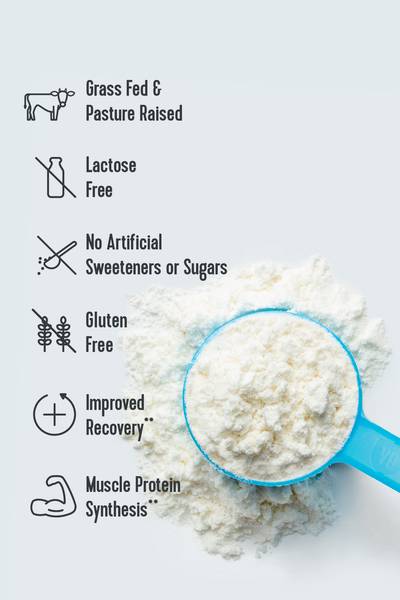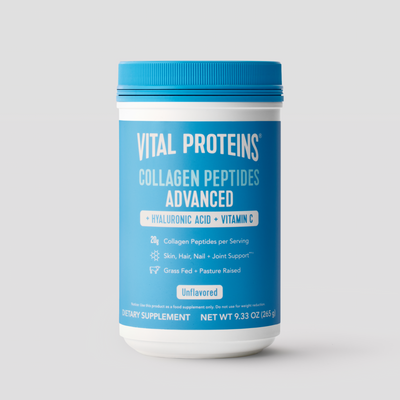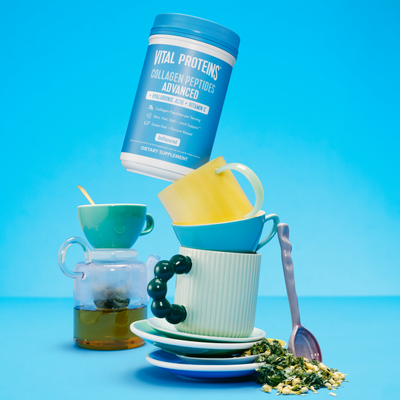Mary Kate Callahan (@mk.callahan) has been navigating life on 4 wheels for as long as she can remember. At 5 months old, a virus attacked her spinal cord, leaving her a paraplegic. Now, at 26, she has been around the world racing triathlon, advocating for what she believes in, and mentoring people of all abilities. Mary Kate has crossed numerous finish lines; from local 5Ks, racing at multiple World Championships in the sport of paratriathlon, running marathons, and even breaking the course record at Ironman Louisville. She enjoys educating and spending time with people to show them how the fitness industry can be adapted for all types of athletes. Here, Mary Kate shares a passion for helping others find their own starting line to tap into their own potential and inner athlete with Lively.
Lively: How did you become interested in endurance sports like marathons or triathlons?
Mary Kate Callahan: Whenever I'm asked this question, I'm brought back to when I was a 6-year-old. I've been in a wheelchair since I was 5½ months old. As a 6-year-old, all my friends were getting involved in soccer, swim team, etc., and I had amazing parents who were always advocating for me and had a "let's make this happen" attitude. I tried all the sports, wheelchair basketball, water skiing, snow skiing, but I loved the swim team. In high school, I dipped my toes in endurance sports, which led me to triathlons, and when I crossed that first finish line I was hooked. After that, I did my first marathon in college.
L: You're an Ironman course record holder. How did it feel crossing that finish line?
MKC:I didn't even know I was going to be racing toward that goal. On the run portion, I had friends and family on the course who were screaming, "If you kick it into gear, you're going to break the record for women hand cyclists." So I decided I'm going for it, getting that record was a fun little cherry on top of my training and racing. Training for an Ironman is incredibly insane and fun at the same time. You spend so much time working toward the race that the day of the race is a huge celebration of 2,500 athletes’ training and the peer energy is totally felt.
Related Articles
L: What inspired you to become a mentor?
MKC: I think for me, it's the opportunity to be that person I had when I was growing up. I have so many amazing mentors that I look up to and really cherish those relationships. Now, to have the table turn and be that person for someone else is really special. I love to help others navigate through both sport and what it's like growing up in a wheelchair, in general. The hardest part about being a para athlete and being someone in a wheelchair is that there is no guidebook. You have to rely on personal experiences from others to navigate your own path.
For everything from what's the best fit for a racing chair to how to wear heels when sitting in a wheelchair … it's important to have someone who can guide you. That’s what's so powerful about the para athlete community, no one is withholding information, everyone is sharing tips. I love working with the next generation and helping them find their own starting line.
L: I love the sentiment "find your own starting line." Where did that come from?
MKC: The finish line is exciting, but you're not going to get to the finish line unless you start. Instead, remember why you started and embrace that from start to finish. For me, I found my own starting line when I was introduced to swimming, but sport might not be everyone's. I want to help the next generation find what their beginning is. I love working with both kids with physical disabilities who sustain an injury later in life and are learning how to live again. From how to drive to other day-to-day basics, I strive to be that person they can shoot a text message to for support.
Helping others is what lights me up. I'm talking with a huge smile on my face.

L: What other accomplishments are you most proud of?
MKC: The medals and podiums have never been what motivated me; that’s just a fun cherry on top. It's really about seeing what my body has been able to accomplish. My biggest, proudest accomplishment has been being an advocate for athletes with disabilities.
When I was in high school, I was never bullied and swam on the swim team, but soon officials told me that I couldn't keep swimming, basically that athletes with disabilities couldn’t participate in sports anymore. Hearing those words from grown adults was an eye-opening experience.
I never thought that I'd be a 15-year-old sitting in depositions and going to settlement conferences, but I believed in it and knew it was right. That's where I saw the power of your voice and learned the importance of standing up for things you believe in. Though I knew I may never see the benefit of this, I could see the impact of it helping others and I didn't want other athletes to be told no like I was.
Fast forward 2½ years, and I qualified to be at the state swim meet, on the starting blocks with 8 other girls who had physical disabilities who had qualified to be there. Looking around, I knew high school sports were never going to be the same, and since that time, high school athletes with disabilities have doubled.
L: Do you have any mantras you use when the going gets tough?
MKC: As cheesy as this may sound, "smile often." People used to joke that my game face was a big smile, because I’d end a threshold swim or FTP test with a huge smile on my face. When something's really challenging, I always say, "have fun with it, enjoy every second." When the going gets tough, you just have to embrace it.
L: How do you fuel your workouts?
MKC: Figuring out what kind of fuel works best for me took some time, it’s a huge part of endurance sport. Without proper nutrition, you're going to bonk and that’s not fun, so once I figured out what my body was able to tolerate was a game changer. When I have back-to-back workouts, I often get my nutrition via liquid, as this is easiest for me to digest. I rely on smoothies — I'm a smoothie queen — and add Vital Performance™ Protein for a boost of protein on-the-go. I also put Vital Proteins® Collagen Peptides in my coffee and utilize Vital Performance™ RECOVER after long workouts.
Try Mary Kate Callahan's Smoothie Recipe
- 1 C spinach
- ¼ C cherries
- 1 T chia seeds
- ½ C water
- 1 scoop Vital Performance™ Vanilla Protein
- 2 drops almond extract
- Ice


















